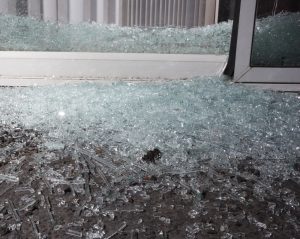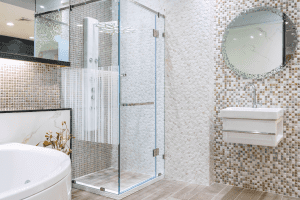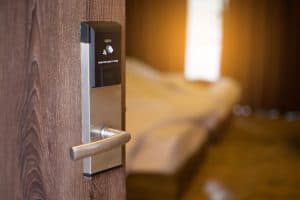Sliding glass doors are a popular feature in many homes, providing a beautiful view and easy access to the outdoors. However, they can also be a source of frustration when they start to leak.
This can cause damage to the surrounding area and lead to increased energy bills as the air conditioning or heating tries to compensate for the lost temperature control.
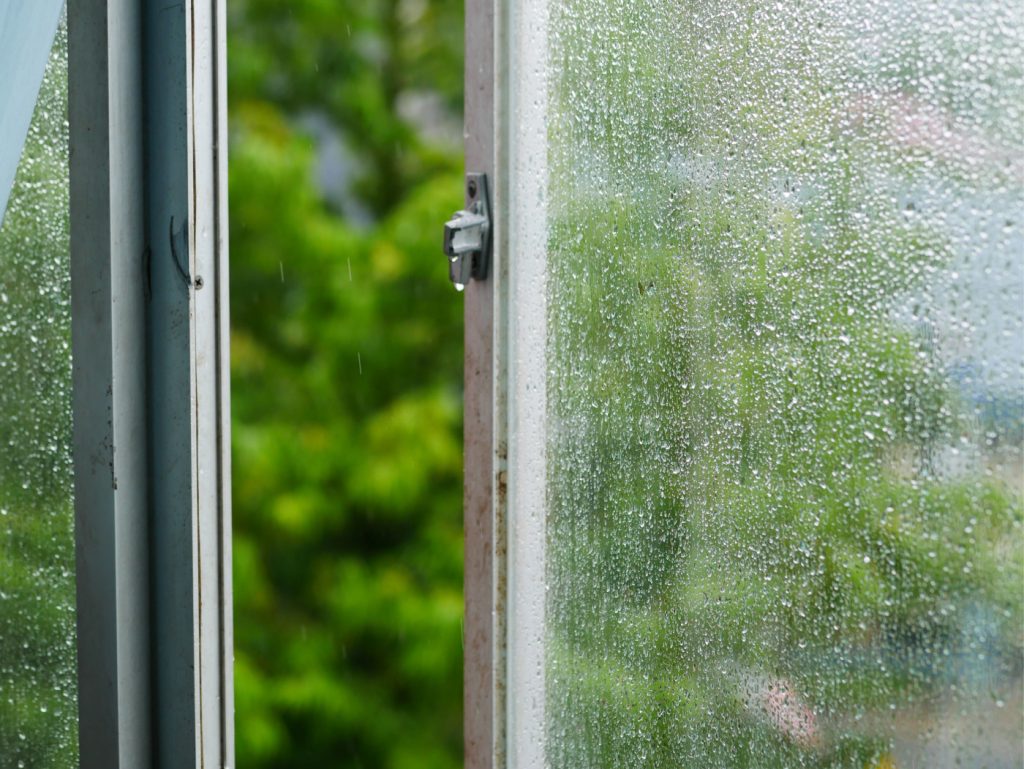
If you are experiencing leaking from your sliding glass door, it is important to address the issue as soon as possible to prevent further damage.
In this article, we will explore the various causes of sliding glass door leaks and provide solutions to help you fix the problem and keep your home safe and dry.
Weather-related causes
Sliding glass doors can leak due to various weather-related causes. Here are some of the most common ones:
Rainwater accumulation
One of the most common causes of sliding glass door leaks is rainwater accumulation. When it rains heavily, water can accumulate on the door's track and seep into the house.
This can happen if the door's track is not sloped correctly or if there is debris blocking the track. To prevent rainwater accumulation, homeowners can:
- Clean the door's track regularly to ensure it's free of debris
- Ensure the track is sloped correctly so that water can drain away from the house
- Install a rain diverter above the door to divert rainwater away from the track
Wind-driven rain
Another weather-related cause of sliding glass door leaks is wind-driven rain. This happens when rain is driven by strong winds and penetrates the door's weatherstripping.
To prevent wind-driven rain from causing leaks, homeowners can:
- Ensure the door's weatherstripping is in good condition and replace it if it's worn or damaged
- Seal any gaps between the door and the frame using caulk or weatherstripping
- Install storm shutters or impact-resistant glass to protect the door from strong winds and rain
Installation-related causes
Sliding glass doors can leak due to a variety of installation-related causes. Here are a few of the most common:
Improper sealing and flashing
One of the most common installation-related causes of sliding glass door leaks is improper sealing and flashing.
Sealing and flashing are essential components of the door's installation process. If not installed correctly, water can easily penetrate the door and cause leaks.
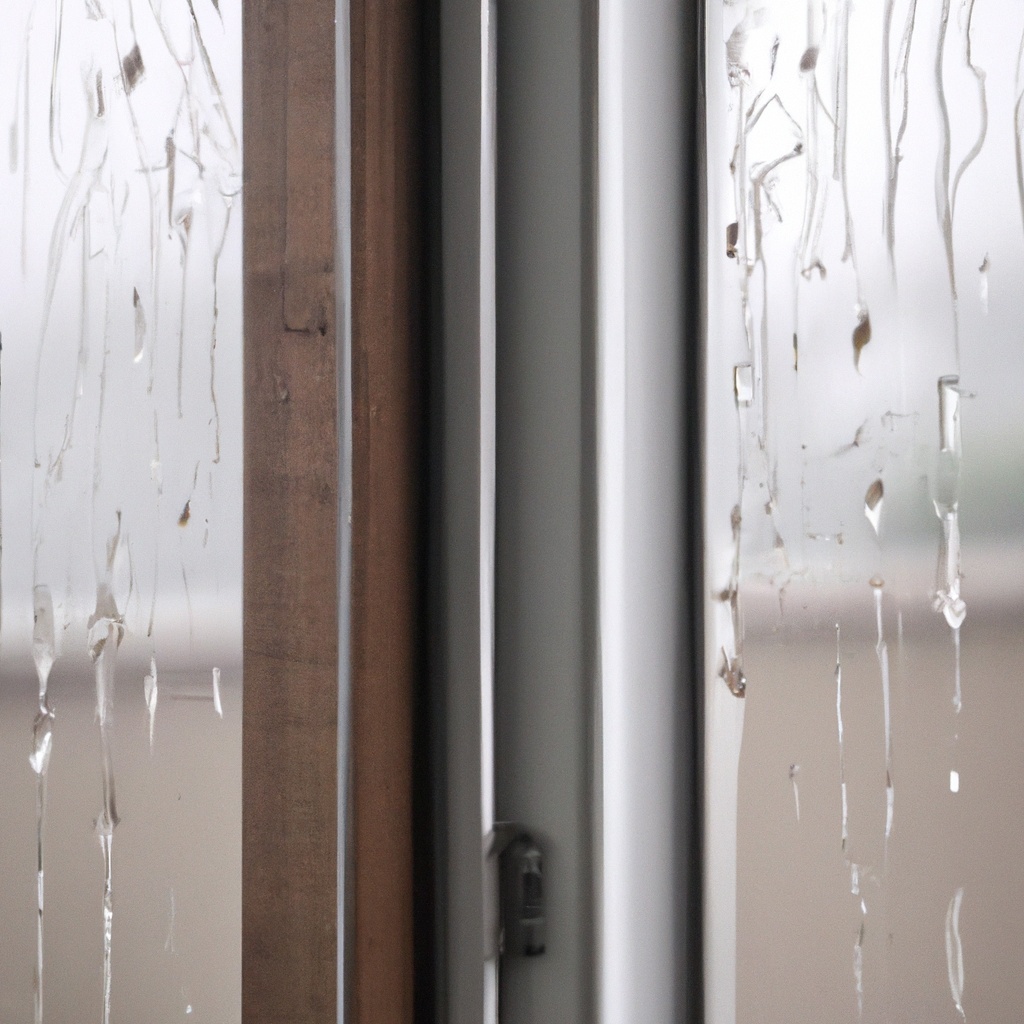
Sealing and flashing are designed to keep water out of your home.
Sealing is typically done with a silicone-based caulk that is applied around the perimeter of the door. Flashing is a metal or plastic strip installed over the top of the door to direct water away from the door and onto the ground.
Incorrect installation of the door
Another common installation-related cause of sliding glass door leaks is the incorrect installation of the door.
If the door is not installed correctly, it can be difficult to get a tight seal between the door and the frame. This can allow water to seep in and cause leaks.
It's important to make sure that the door is installed correctly to prevent leaks. This includes making sure that the door is level and plumb and that the frame is properly secured to the wall.
If you're not comfortable installing the door yourself, it's best to hire a professional to do it for you.
Structural Causes
Foundation Settling
One of the most common structural causes of sliding glass door leaks is foundation settling. Over time, a home's foundation may shift or settle, causing the door frame to become misaligned.
This misalignment can create gaps between the door and the frame, allowing water to seep through and into the home.
To prevent foundation settling, homeowners should ensure that their homes are built on solid ground and that the foundation is properly designed and constructed.
Additionally, regular maintenance and inspections can help identify and address any issues before they become major problems.
Building Movement
Another structural cause of sliding glass door leaks is building movement. As a home settles and shifts over time, it may experience building movement, which can cause the door frame to warp or bend. This can create gaps between the door and the frame, allowing water to enter the home.
To prevent building movement, homeowners should ensure that their homes are properly constructed and designed to withstand the forces of nature.
This may include using high-quality materials, reinforcing the structure with additional support, and regularly maintaining and inspecting the home for any signs of damage or wear.
Wear and Tear Causes
Sliding glass doors are prone to leaks due to wear and tear. Over time, the door components can become damaged or worn out, causing gaps that allow water to seep through. Here are some common wear and tear causes:
Worn out weatherstripping
Weatherstripping is an essential component of sliding glass doors. It helps to seal the gap between the threshold and the bottom of the door.
However, weatherstripping can become worn out over time, causing gaps that allow water to seep through. If the weatherstripping is damaged, it should be replaced as soon as possible. This will help to prevent water from leaking through the gaps.
Damaged or worn out door tracks
The door tracks are an essential component of sliding glass doors. They help to keep the door aligned and moving smoothly. However, the tracks can become damaged or worn out over time, causing gaps that allow water to seep.
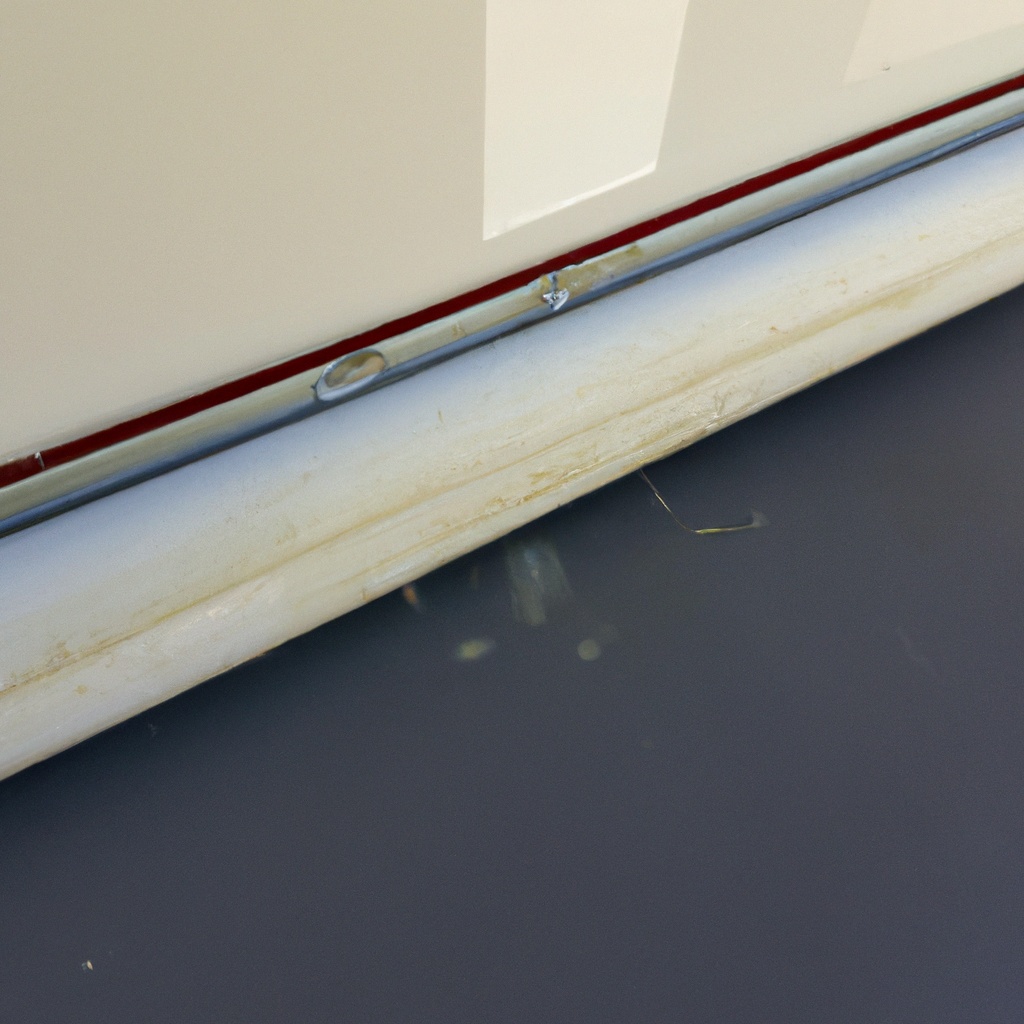
If the tracks are damaged, they should be repaired or replaced as soon as possible. This will help to prevent water from leaking through the gaps.
Regular maintenance can help to prevent wear and tear causes. It is important to inspect the door components regularly and replace any damaged or worn-out parts. This will help to prevent water leaks and extend the life of the sliding glass door.
Glass Sliding Door Leaking? Here's What to Do
If you've noticed water seeping through your sliding glass door, don't panic. There are a few simple steps you can take to identify and fix the problem.
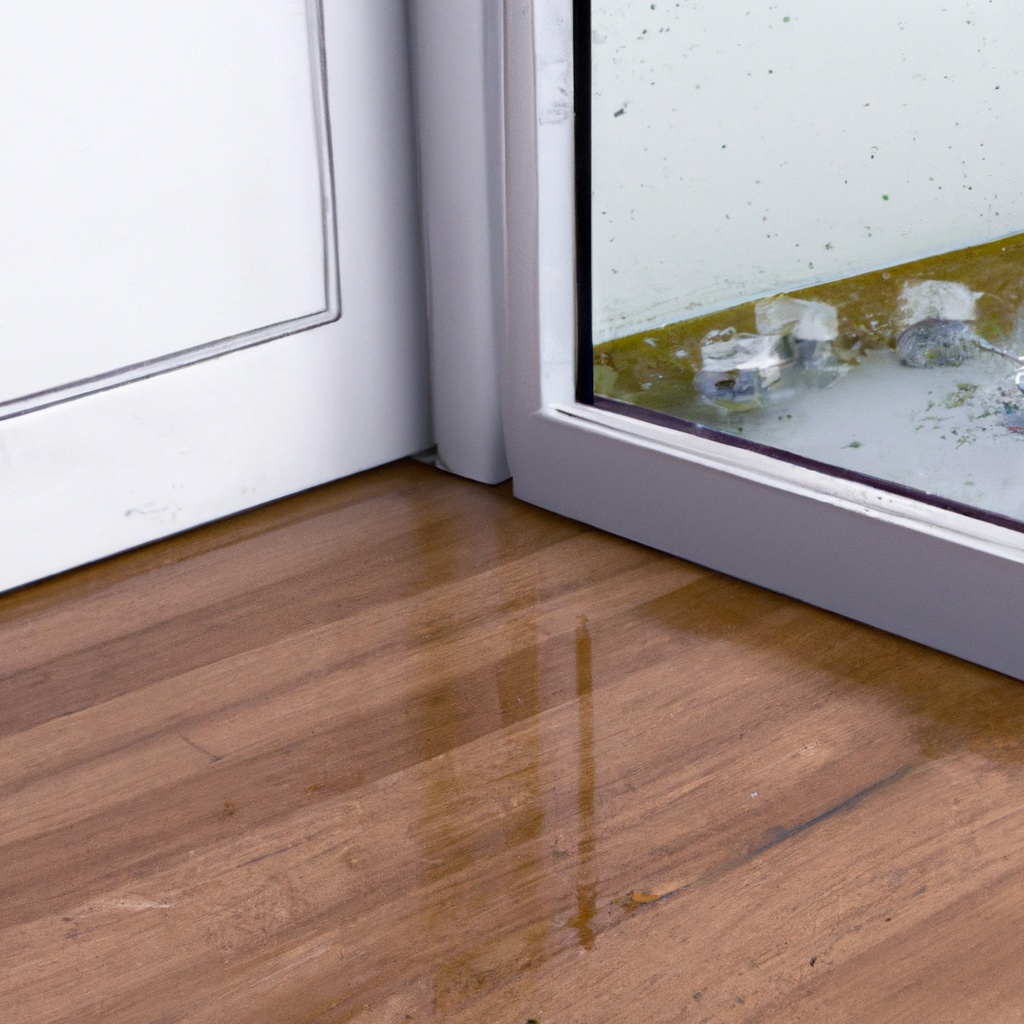
The first thing to check is the cleanliness of the door track. Dirt and debris buildup can break the seal between the bottom of the door track and the door itself, causing misalignment and water intrusion.
Use a vacuum or a simple solution of dish soap and water with a wire brush to remove any visible grit from the sliding door track. Be sure to vacuum around the edge of the stationary door as well.
If the track is clean and the door is still leaking, the next step is to check the weatherstripping or flashing.
Over time, these seals can become damaged or worn, allowing water to seep through. Replace any damaged weatherstripping or flashing to ensure a tight seal.
Finally, if the door is still leaking after cleaning the track and replacing the weatherstripping, it's possible that the track or rollers are broken. Inspect the track and rollers for any signs of damage, and replace them if necessary.
Summarizing The Possible Causes of Sliding Glass Door Leaks
Sliding glass doors are a common feature in many homes, but they can be a source of leaks and water damage if not properly installed or maintained.
Here are some of the most common causes of sliding glass door leaks:
- Broken or damaged seals: The seals around the door frame and glass panels can become damaged or worn over time, allowing water to seep through.
- Dirty or clogged tracks: Dirt, debris, and other obstructions in the door tracks can prevent the door from closing properly, leading to leaks.
- Improper installation: If the door was not installed correctly, gaps and other openings can allow water to enter the home.
- Broken or damaged wheels: The wheels that allow the door to slide open and closed can become damaged or worn, preventing the door from sealing properly.
- Missing or damaged flashing: Flashing around the door frame can help prevent water from entering the home, but if it is missing or damaged, leaks can occur.
If you notice water coming in around your sliding glass door, it is important to address the issue as soon as possible to prevent further damage to your home.
By identifying the cause of the leak, you can take steps to fix the problem and prevent future water damage.
This article was written with help from OpenAI's ChatGPT
Open AI's ChatGPT lent us a hand, to unlock this post about doors that help you understand.

